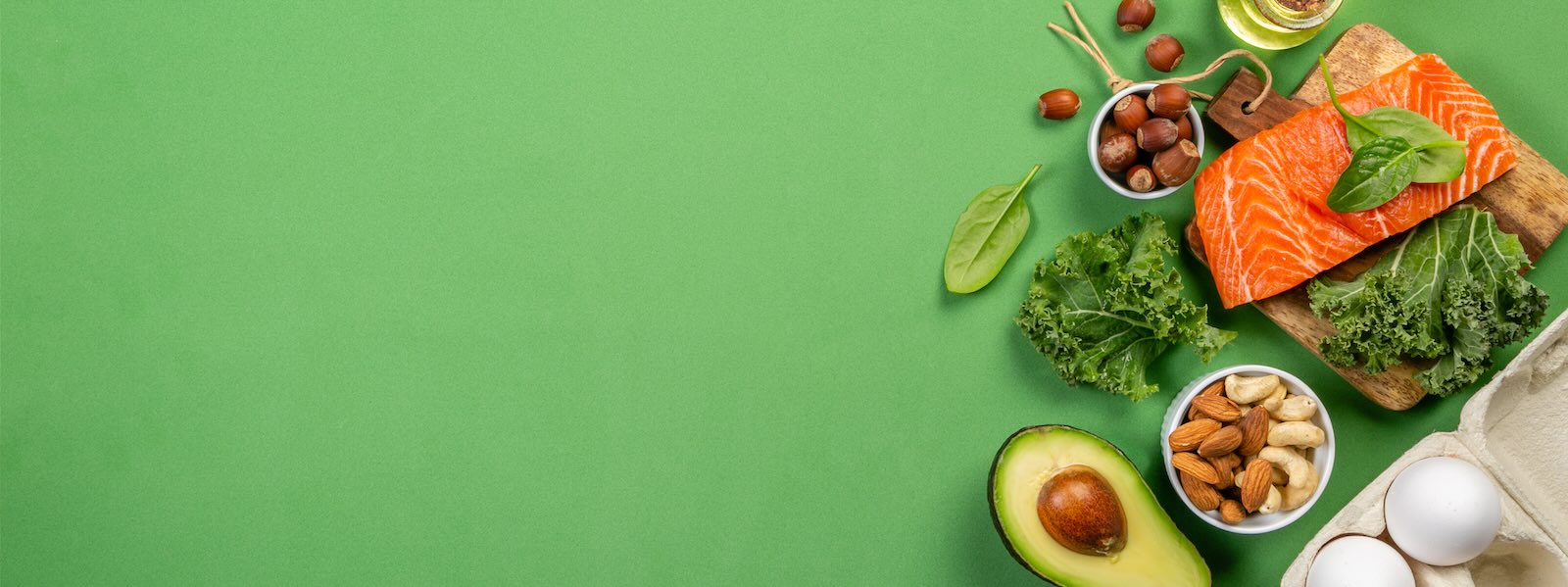Weight Loss Surgery is an excellent tool to help you limit the amount of food you eat and aid in weight loss. For most people, weight loss surgery necessitates a substantial adjustment in diet and lifestyle to achieve their weight loss goals safely and healthily. As this process can be a bit overwhelming, we have created several resources to help address all of your nutrition concerns before, during, and after surgery.
Between the initial evaluation for weight loss surgery and surgery day, please take the time to become as prepared as possible for the lifestyle modifications and health behaviors that we know equate to a safe and successful long-term weight loss.
We recommend that you begin adapting your current diet pattern and health behaviors when you start your journey towards weight loss surgery to prepare for the changes you will need to implement after your procedure.


